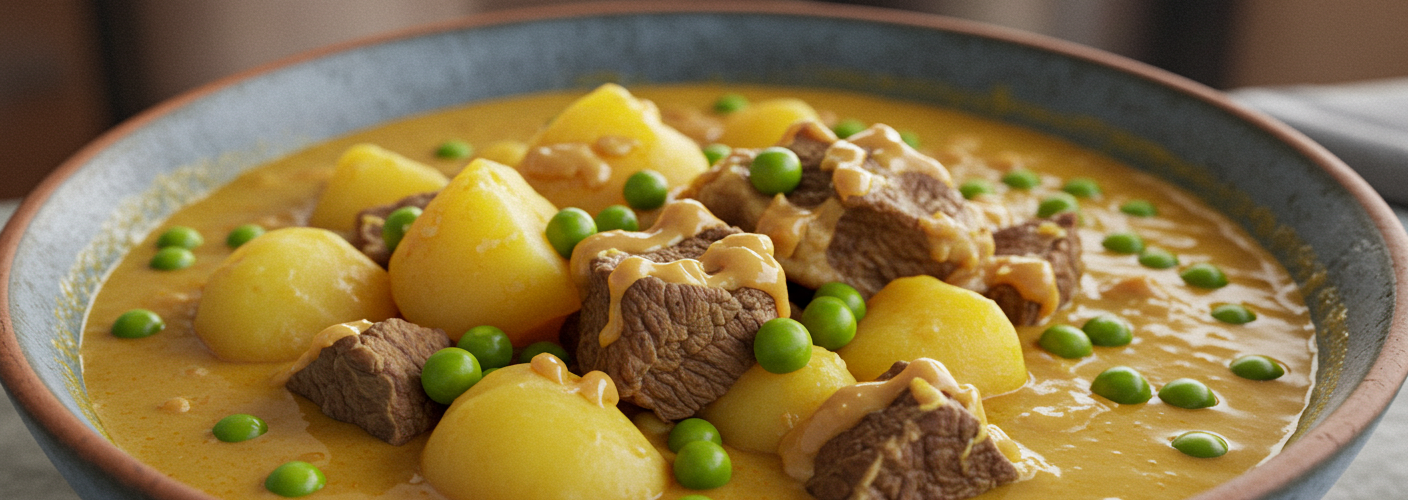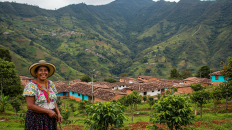When it comes to traditional Bolivian cuisine, few dishes can match the comfort and richness of Sopa de Mani, a flavorful peanut soup brimming with hearty ingredients. Originating from the Andean region, this dish holds a special place in the hearts of Bolivians, offering warmth and sustenance in every bowl. Let’s explore the fascinating elements of Sopa de Mani, its ingredients, and its cultural significance.
At its core, Sopa de Mani is a peanut-based soup that unites the flavors of beef, bones, potatoes, and peas, resulting in a dish that is both nourishing and satisfying. Ground peanuts, the star ingredient, impart a creamy texture and a nutty flavor that complements the savory notes of the beef and bones. The soup is typically served hot, making it a popular choice during cooler months or festive occasions.
One of the most appealing aspects of Sopa de Mani is its versatility. While the foundation remains consistent, regional variations often incorporate local ingredients, allowing for a unique take on this classic. Some versions may include additional vegetables like carrots or corn, while others might showcase regional spices that enhance the flavor profile. This adaptability not only reflects the diversity of Bolivian cuisine but also highlights the creative cooking techniques of home chefs across the country.
Preparing Sopa de Mani is an experience filled with tradition and care. To start, generous amounts of beef (often cuts with bones) are simmered slowly to extract rich flavors. The next step involves stirring in ground peanuts, which can be roasted for an added depth of flavor. As the mixture thickens, peas and chunks of potatoes are introduced, providing both texture and heartiness to the soup. The result is nothing short of comfort food—a dish that nourishes the body and soul.
Sopa de Mani is more than just a meal; it’s a cultural treasure. Traditionally served in festive gatherings and family celebrations, this nourishing soup fosters a sense of community. The act of sharing a bowl of Sopa de Mani brings people together, creating bonds that transcend generations. In Bolivian culture, food plays a central role in socializing, and Sopa de Mani is often a beloved element of such gatherings.
Enjoying Sopa de Mani is an experience that extends beyond the palate. The warm, inviting aroma that wafts through the kitchen as the soup simmers evokes memories of family meals and cherished moments spent with loved ones. In a way, each bowl tells a story, connecting the present with the past and tracing the culinary heritage of Bolivia.
To savor Sopa de Mani at home, one can find recipes that capture the essence of this traditional soup. With a few ingredients and a bit of patience, anyone can create a comforting bowl of Sopa de Mani to enjoy with family and friends. Serve it with a side of crusty bread or accompanied by a fresh salad, and you have a complete meal that showcases the heart of Bolivian culinary traditions.
In conclusion, Sopa de Mani is a testament to the richness of Bolivian culture and its time-honored approach to cooking. With its delectable blend of ingredients, this peanut soup stands as an emblem of comfort and community. Whether enjoyed on a chilly day or during a festive occasion, Sopa de Mani is sure to warm the heart and lift the spirit, making it a cherished dish for generations to come.




Add comment